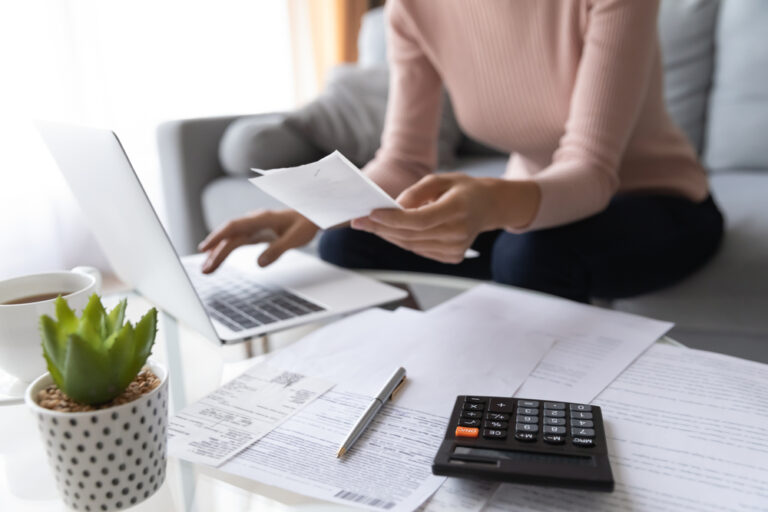When it comes to buying a home, understanding whether a property is leasehold or freehold is an important step. These terms shape how much control you’ll have, what costs to expect, and what kind of ownership you’re really getting. Let’s break it all down so you can feel confident about your decision.
What is leasehold ownership?
Leasehold ownership means you own the property itself for a set amount of time, but not the land it’s built on. Think of it as having a long-term rental agreement with extra rights. Leasehold terms often last anywhere from 99 to 999 years, and the remaining length of the lease can affect the property’s value.
Here’s what you can expect from leasehold ownership:
- Ground Rent: This is an annual fee you pay to the freeholder (the landowner).
- Service Charges: These cover things like building maintenance, communal areas, and insurance.
- Lease Terms: The lease may include rules about what you can and can’t do, such as renovating the property or subletting it.
- Communal Management: Flats and properties in shared developments are often professionally managed, so you don’t have to worry about things like exterior repairs.
Get in touch with Whitegates to learn more about how we can help you with your property purchase.
What is freehold ownership?
Freehold ownership means you own both the property and the land it’s built on outright. It’s like having full control over your home without needing anyone else’s permission. You won’t have to deal with leases, renewals, or paying ground rent.
Freehold ownership usually comes with houses rather than flats, and it gives you:
- Total control: You can make changes, improve the property, and decorate however you like (within local planning rules).
- No ongoing payments: There’s no ground rent or service charge to worry about.
- Peace of mind: You’re not tied to a lease that might run out or need renewing.
Key differences between leasehold and freehold
Leasehold and freehold properties come with different responsibilities and benefits, so it’s important to know what sets them apart. These differences affect ownership, costs, and how much control you have over the property.
Here’s a clear and simple breakdown:
- Ownership: With freehold, you own the property and the land. With leasehold, you own the property for a fixed time but not the land.
- Costs: Leasehold includes regular payments for ground rent and services, while freehold does not.
- Control: Freehold gives you full control, while leasehold often comes with rules and the need for permission to make changes.
- Property types: Freehold is more common for houses, while leasehold is typical for flats.
Pros and cons of leasehold ownership
Leasehold properties come with their own mix of benefits and challenges. Let’s look at both sides:
The upsides:
- Affordability: Leasehold properties, especially flats, are often more budget-friendly than freehold homes.
- Less responsibility: Communal areas and external maintenance are managed for you.
- Clear rules: Lease agreements set out who is responsible for what, which can make things easier.
The downsides:
- Extra costs: Ground rent and service charges can add up, and they might increase over time.
- Lease length: A lease with fewer than 80 years remaining can affect the property’s value and make selling or remortgaging harder.
- Permission needed: Major changes to your property often require the freeholder’s approval.
- Lease extensions: If you want to extend your lease, it can be expensive and time-consuming.
What should you keep in mind?
If you’re considering a leasehold property, here are a few tips:
- Check how many years are left on the lease – the longer, the better.
- Understand all the costs, including ground rent, service charges, and potential fees for extending the lease.
- Read the lease carefully to see if there are any restrictions or rules that could affect you.
For freehold properties, remember that you’ll be fully responsible for maintaining the property and the land, which means budgeting for things like roof repairs or garden upkeep.
Why it matters
The difference between leasehold and freehold ownership affects how you manage your property, budget for costs, and handle responsibilities. Leasehold properties often involve payments like ground rent and service charges, with rules on property changes outlined in the lease. Freehold ownership, while providing full control, means taking responsibility for all maintenance and upkeep. Understanding these distinctions helps you plan better, make informed choices, and find the option that works best for your needs.
Looking to buy a property? Contact your local Whitegates branch today.




